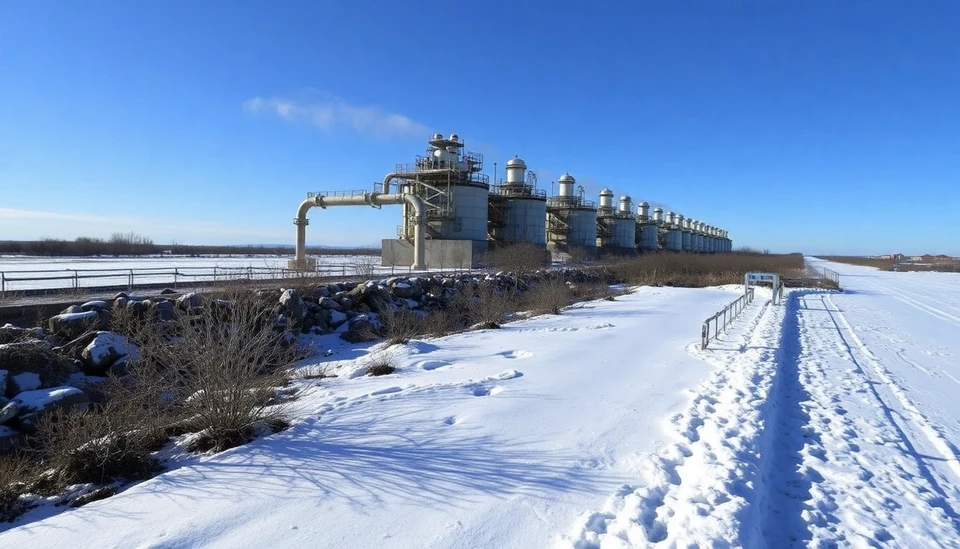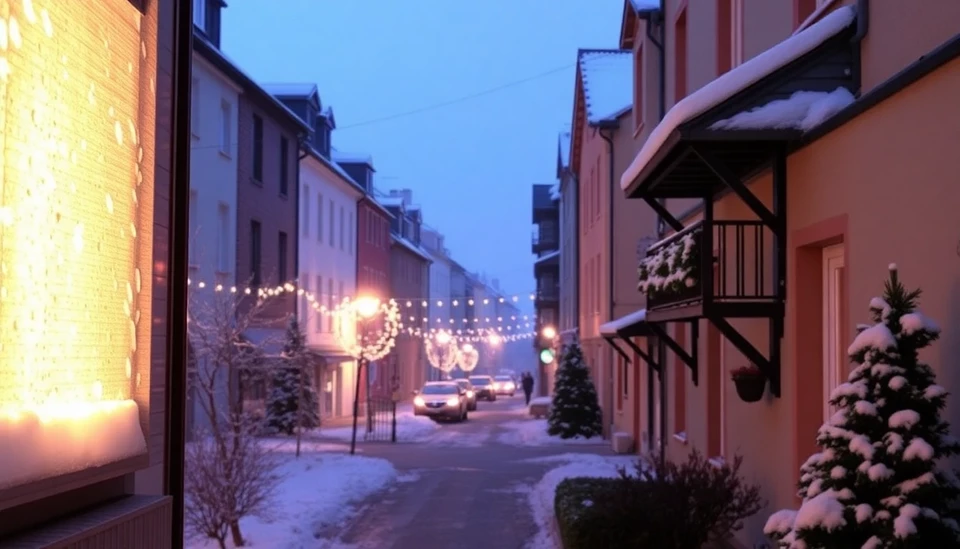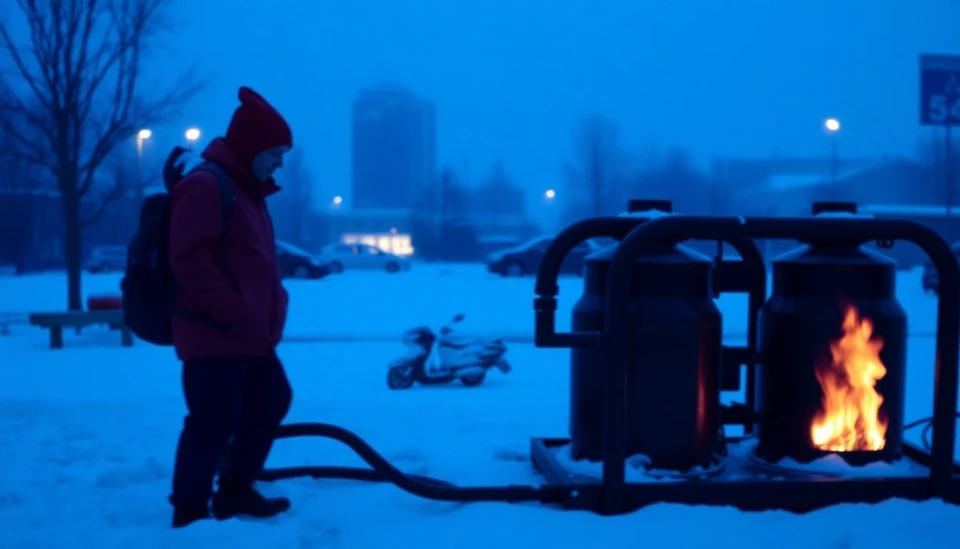
As winter deepens, Europe is bracing itself for what is being predicted as the coldest snap of the season. Energy analysts are closely monitoring the region's natural gas reserves, which will be critical in determining whether several nations can withstand the biting temperatures expected in the coming days. As temperatures plunge, the reliance on natural gas for heating and energy generation becomes crucial.
The forecasts signal a drastic drop in temperatures across many European countries, raising fears about energy supply, particularly among those nations that are heavily dependent on natural gas imports. With winter officially underway, concerns have grown among European officials and citizens alike about the adequacy of gas storage levels amid the escalating demand for heating. There is apprehension regarding how prolonged cold spells could exacerbate an already delicate energy situation, especially following supply chain disruptions seen in previous winters.
European gas markets are at a critical junction now, faced with the task of managing limited supplies while ensuring that households and businesses remain adequately heated. The current stockpiles are seen as a buffer, but recent reports indicate that these reserves are not as robust as many had hoped. Experts fear that if gas storages dwindle too low, the continent could face significant challenges, requiring tough decisions about energy conservation or rationing of gas supplies.
Compounding the situation is the prospect of fluctuating fuel prices, which could further strain energy budgets for both consumers and industries. As Europe navigates this impending cold snap, officials have repeatedly emphasized the importance of vigilance in monitoring gas stock levels and consumption patterns across the region.
In response to the looming crisis, some countries are already mobilizing contingency plans. Strategies may include ramping up local energy production, increasing imports from alternative sources, and implementing measures to ensure that vulnerable groups have access to heating during the coldest periods. European leaders are also reinforcing the need for long-term strategies that aim to diversify energy supplies to mitigate future vulnerabilities.
The impending frost not only poses immediate challenges for energy supply but also serves as a harsh reminder of the importance of energy independence for European nations moving forward. Discussions about sustainable energy and longer-term investments in renewable resources are expected to gain momentum in light of these developments.
As Europe watches and waits for the arrival of the cold snap, the necessity for resilience in the face of energy challenges has never been clearer. Citizens are advised to prepare for possible disruptions and to remain informed about their national energy policies as the winter season takes hold.
#EuropeColdSnap #GasReserves #Winter2024 #EnergyCrisis #NaturalGas #Heating #EnergySupply #Sustainability #RenewableEnergy
Author: Peter Collins

